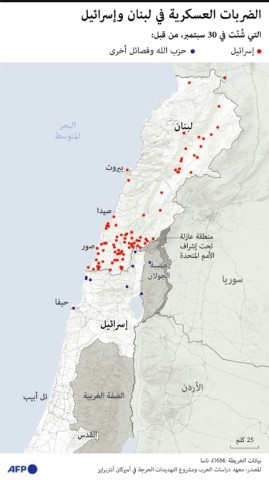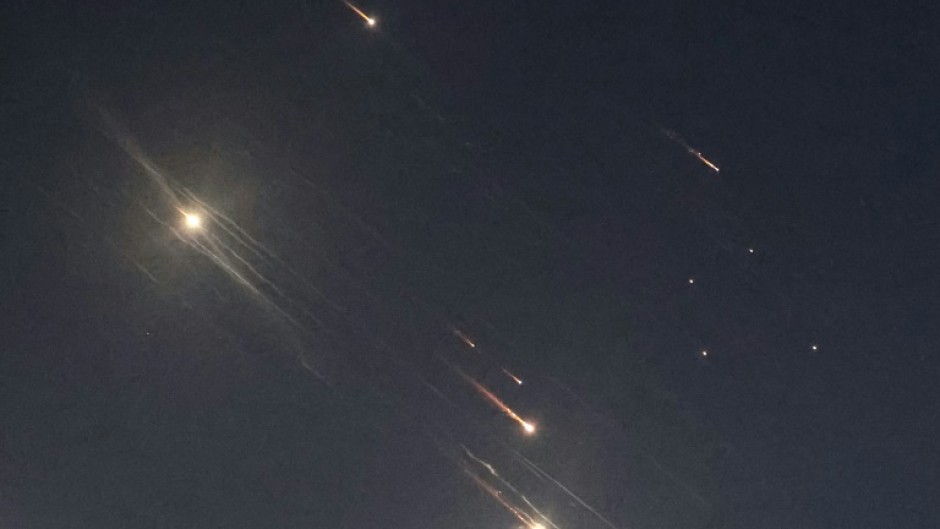JERUSALEM - The United States said that it was discussing a joint response after Iran fired a barrage of missiles at Israel, warning Tehran of "severe consequences".
Israel vowed it would make Iran "pay" for the attack, which it said saw 180 missiles fired at its territory, most of them intercepted, and pledged to immediately strike "the Middle East powerfully".
Tehran, meanwhile, threatened to strike any forces that intervened on its soil on Israel's behalf.
President Joe Biden said the US was "fully supportive" of Israel after the missile attack, adding that he would discuss a response with Israeli Prime Minister Benjamin Netanyahu.
Asked by reporters what the response towards Iran would be, Biden replied: "That's in active discussion right now. That remains to be seen."
Sirens sounded across Israel after Iran unleashed the missiles -- most of which were intercepted by Israeli air defences or by allied air forces.
Iran's Revolutionary Guards said they had targeted "three military bases" around Israeli commercial hub Tel Aviv.

Iran's Foreign Minister Seyed Abbas Araghchi posted on social media platform X that Tehran's "action is concluded unless the Israeli regime decides to invite further retaliation".
The Revolutionary Guards earlier said the attack was in response to Israel's killing of Hezbollah leader Hassan Nasrallah last week as well as the death of Hamas leader Ismail Haniyeh in a Tehran bombing widely blamed on Israel.
The Israeli military announced after about an hour that the attack was over.
Israeli medics reported two people lightly injured by shrapnel. In the occupied West Bank, a Palestinian was killed in Jericho "when pieces of a rocket fell from the sky and hit him", the city's governor Hussein Hamayel told AFP.
It was Iran's second direct attack on Israel after a missile and drone attack in April in response to a deadly Israeli air strike on the Iranian consulate in Damascus.
Biden's National Security Advisor Jake Sullivan told reporters the missile attack was a "significant escalation" by Iran and that "there will be consequences, severe consequences".
Netanyahu said late Tuesday that "Iran made a big mistake tonight and will pay for it," warning: "Whoever attacks us, we attack them."
Iranian President Masoud Pezeshkian said his country had exercised its "legitimate rights" and dealt "a decisive response... to the Zionist regime's aggression".
Israel, Iraq and Jordan -- which lie between Iran and Israel -- closed their airspace, as did Lebanon before reopening.

